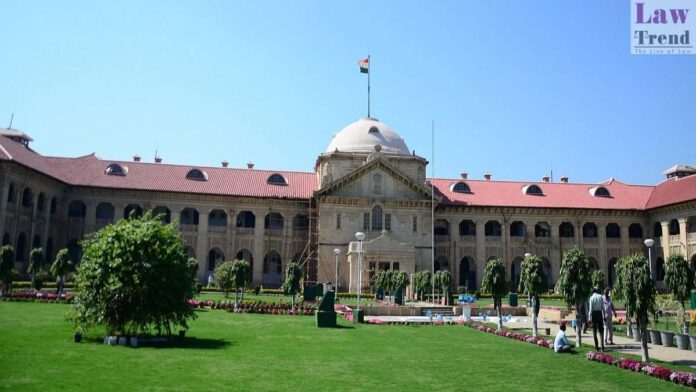In a significant judgment, the Allahabad High Court, comprising Chief Justice Arun Bhansali and Justice Vikas Budhwar, dismissed a Public Interest Litigation (PIL) filed by Sachin Yadav, challenging the appointment and subsequent promotions of Arvind Kumar Rai to various posts in the Uttar Pradesh Zila Panchayat Monitoring Cell. The court found no merit in the
To Read More Please Subscribe to VIP Membership for Unlimited Access to All the Articles, Download Available Copies of Judgments/Order, Acess to Central/State Bare Acts, Advertisement Free Content, Access to More than 4000 Legal Drafts( Readymade Editable Formats of Suits, Petitions, Writs, Legal Notices, Divorce Petitions, 138 Notices, Bail Applications etc.) in Hindi and English.




